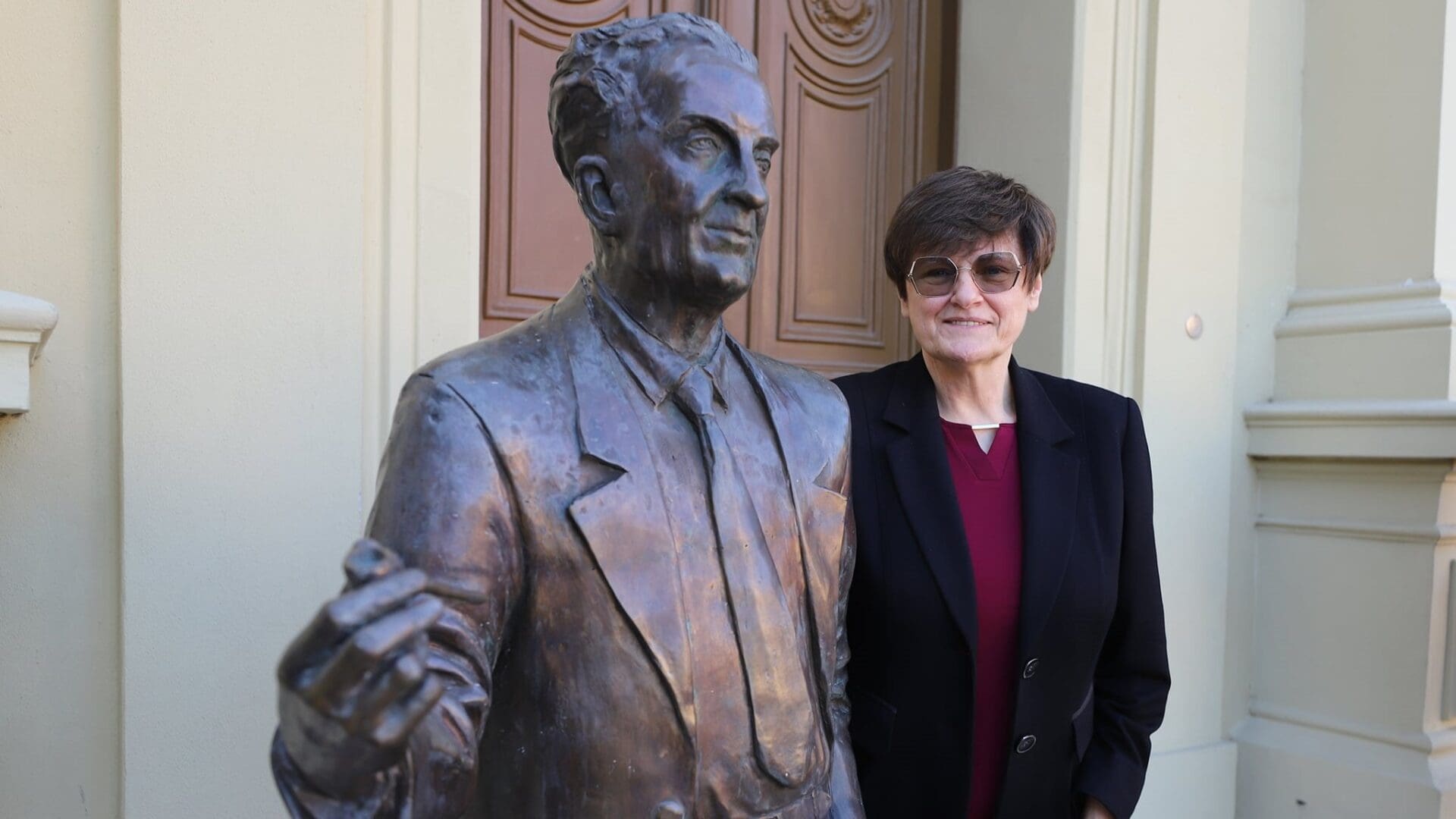The past week was rich in successes for Hungary—distinguished Hungarian scientist Katalin Karikó was awarded the Nobel Prize in Physiology or Medicine, while a Hungarian physicist, Ferenc Krausz was presented with a shared physics Nobel Prize. While Karikó was awarded for her ground-breaking work in mRNA-based vaccines that were utilized against COVID-19, Krausz pioneered in attophysics. Before this year’s enormous successes, the last Hungarian to receive Nobel Prize was Imre Kertész, a Hungarian author who received the illustrious honour in literature in 2002.
These famed Hungarians, however, are not the first to have been recognized with Nobels: they join a long list of Hungarian academics. As Hungarian Conservative has already highlighted,
Hungary occupies a prestigious place on the list of countries with the most Nobel Prizes.
Even before this year’s successes, Hungary already had 13 Nobel laureates, meaning that, tying with Israel, Denmark and Norway, Budapest ranked 14th among countries with the most Nobel Prize awardees. While Albert Szent-Györgyi and Imre Kertész, both Hungarian Nobel laureates, were honoured for work they did in Hungary, most of these Nobel laureate scientists were rewarded for work they did abroad. One of the many reasons why this year’s results are outstanding is because both Karikó and Krausz (albeit they did both work abroad as well) preserved very deep scientific and emotional connections with Hungary despite relocating to the United States and Germany respectively.
Since 2009 the country has celebrated the aforementioned and many other scientists on 13 June, on Hungarian Inventors’ Day. The date was selected to mark the day when one of the first Hungarian Nobel Prize winners, Albert Szent-Györgyi, who first isolated vitamin C, announced his achievement in 1932. Hungarians contributions to the world of physics, chemistry, economics, physiology, medicine and literature had started even earlier, however, as it was in 1905 that the first Hungarian, Philipp Eduard Anton von Lenard, received a Nobel prize in physics for work done on cathode rays. Since then, the fertile Hungarian intellectual soil has given birth to a series of Nobel-winning scientists, whose works covered all Nobel prize categories, with the exception of the Peace Prize. Albeit being nominated five times, Albert Apponyi’s efforts were unfortunately not recognized as worthy of a Nobel prize.
As of now, there are 15 Hungarian Nobel laureates as well as 21 nominees of Hungarian nationality.
It is rumoured that this year two Hungarian authors, László Krasznahorkai and Péter Nádas had been considered for the Nobel Prize in Literature, but eventually, the award went to the Norwegian Jon Fosse. Although according to the rules of the Nobel Foundation information about the nominations is not disclosed for 50 years, it is widely believed that László Krasznahorkai has good odds of receiving the prize.
Among the other Hungarian winners who earned this honourable title in the 21st century Eugene (Jenő) Wigner, John Charles Harsanyi and Avram Hershko stand out. Eugene Wigner received a Nobel Prize for his contribution to the research of elementary particles and the atomic theory that is crucial for modern-day physics. John Charles Harsanyi holds immense importance in terms of social sciences, as he pioneered in studying equilibrium in non-cooperative games for which he received a Nobel Prize in economics. Hershko, a decorated Israeli-Hungarian scholar, was awarded with the prize for the ground-breaking discovery of ubiquitin-mediated protein degradation, even further advancing humanity’s knowledge frontier in the realm of chemistry. Avram Hershko, being ethnically Jewish and having an Israeli passport, was born in the Hungarian town of Karcag, and thus also held a Hungarian citizenship. Much like Hershko, Elie Wiesel, a Holocaust survivor awarded the Nobel Peace Prize, also had his connections to Hungary, albeit he is not considered to be a Hungarian Nobel Prize winner per se, only a laureate of Hungarian ancestry (similarly to economist Milton Friedman, chemist John Charles Polanyi and otologist Robert Bárány).
Nevertheless, they also helped to spread Hungary’s good name and improve its global perception.
Overall, Hungarian Noble prize winners are globally known for a number of fundamental discoveries that shed some light on some of the most important questions about the universe, as well as for writing a literary masterpiece that explores the state of human experience. With the year 2023 being incredibly fruitful for Hungarian Nobel prize winners, let’s wish the future generations of Hungarians will bring home even more international awards.








